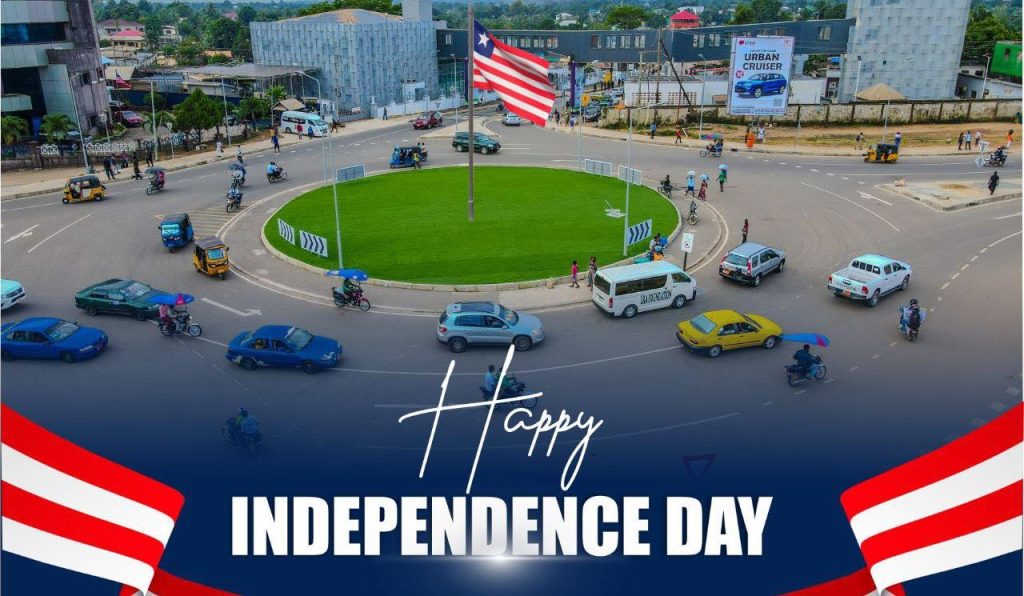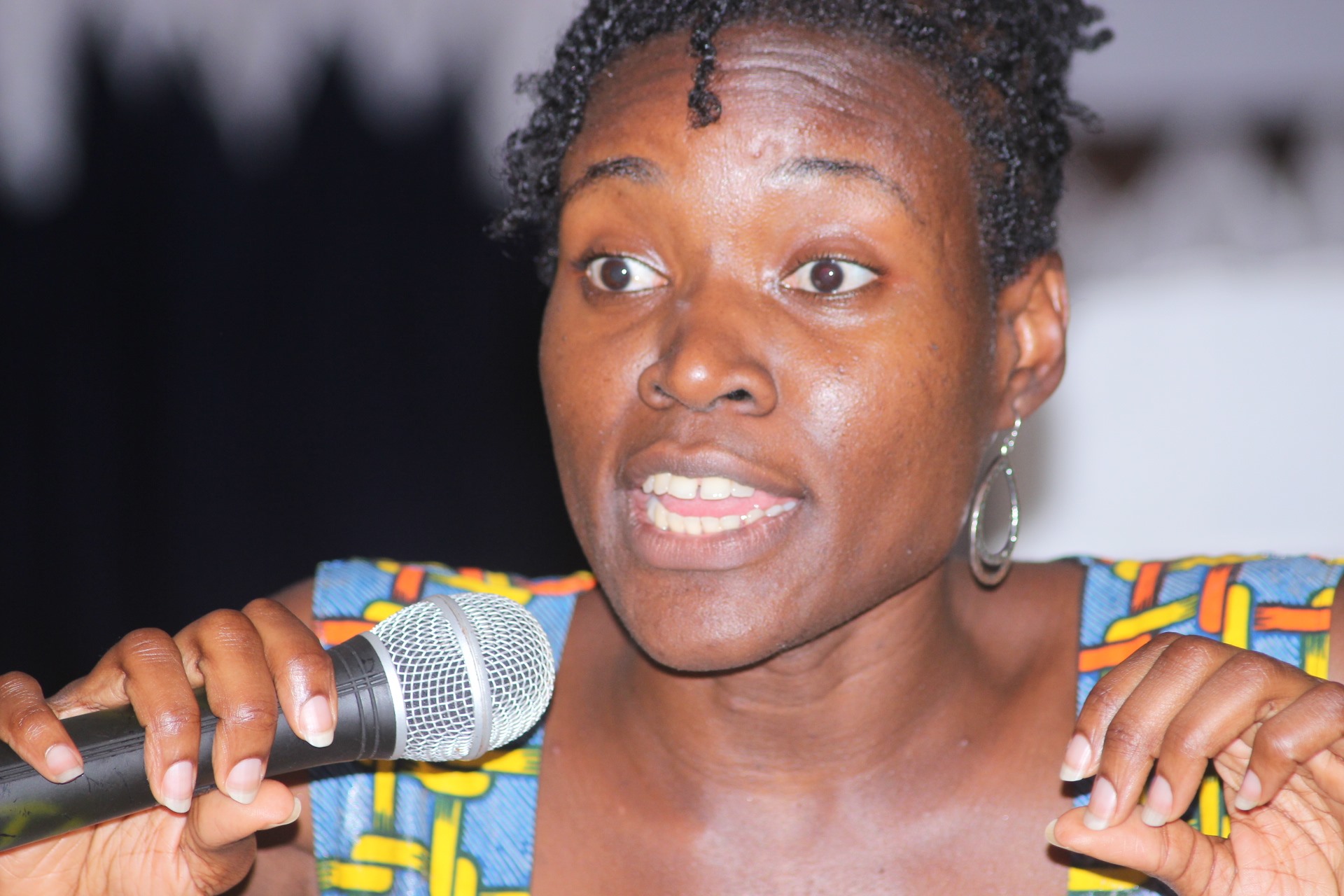Monrovia, Liberia — In a powerful oration delivered on Liberia’s 177th Independence Day, Dr. Robtel Neajai Pailey urged Liberians to radically redefine what it means to be a citizen of this West African nation. She emphasized the need for a comprehensive understanding of citizenship beyond the traditional notions of birthplace and bloodline, proposing a transformative concept she calls the “Liberian citizenship triad.”
Dr. Pailey’s triad framework comprises three interconnected elements: passive identity, active participation, and interactive relationships. This approach aims to foster a more inclusive and dynamic national identity.
Passive Identity
The first element, passive identity, acknowledges the foundational aspects of citizenship based on language, culture, and lineage. Dr. Pailey recognized the importance of these factors in shaping Liberian identity but argued that they should not be the sole determinants. She stated, “While our heritage and roots are vital, they are just the starting point of our national identity.”

Active Participation
Dr. Pailey called for a shift towards active participation, where citizenship involves significant contributions to the socio-economic transformation of Liberia. She urged citizens to take on responsibilities such as paying taxes, participating in elections, and investing in local communities. “Our nation needs citizens who are engaged and proactive in building the future we desire,” she said. By emphasizing active participation, Dr. Pailey highlighted the importance of civic duties and the role of individuals in shaping a prosperous Liberia.
Interactive Relationships
The final component of the triad focuses on interactive relationships, emphasizing the importance of healthy and constructive interactions among citizens and between the citizenry and the state. Dr. Pailey noted, “A re-imagined Liberia is one in which we claim rights, fulfill responsibilities, and cultivate wholesome relationships with one another.” This element underscores the necessity of dialogue, mutual respect, and cooperation in addressing national challenges.
Path to Implementation
To bring her vision to life, Dr. Pailey advocated for several initiatives, including civics education, national service schemes, and mandatory training for public officials. She stressed the importance of educating young Liberians about their rights and responsibilities, encouraging them to engage actively in their communities. National service schemes, she suggested, could provide opportunities for citizens to contribute to nation-building efforts and develop a sense of civic pride.
Moreover, Dr. Pailey highlighted the need for public officials to undergo mandatory training to ensure they serve the citizens effectively and transparently. “Our leaders must exemplify the principles of active and interactive citizenship, setting an example for all Liberians,” she remarked.
In conclusion, Dr. Pailey’s call for a redefined Liberian citizenship resonated with many in the audience, sparking discussions about the future of the nation. As Liberia celebrates 177 years of independence, her oration serves as a reminder that the journey toward a more inclusive and vibrant society requires collective effort and a commitment to embracing a broader understanding of what it means to be a Liberian.
This vision of citizenship, built on the pillars of identity, participation, and interaction, offers a path toward unity and progress, promising a brighter future for Liberia and its people.

